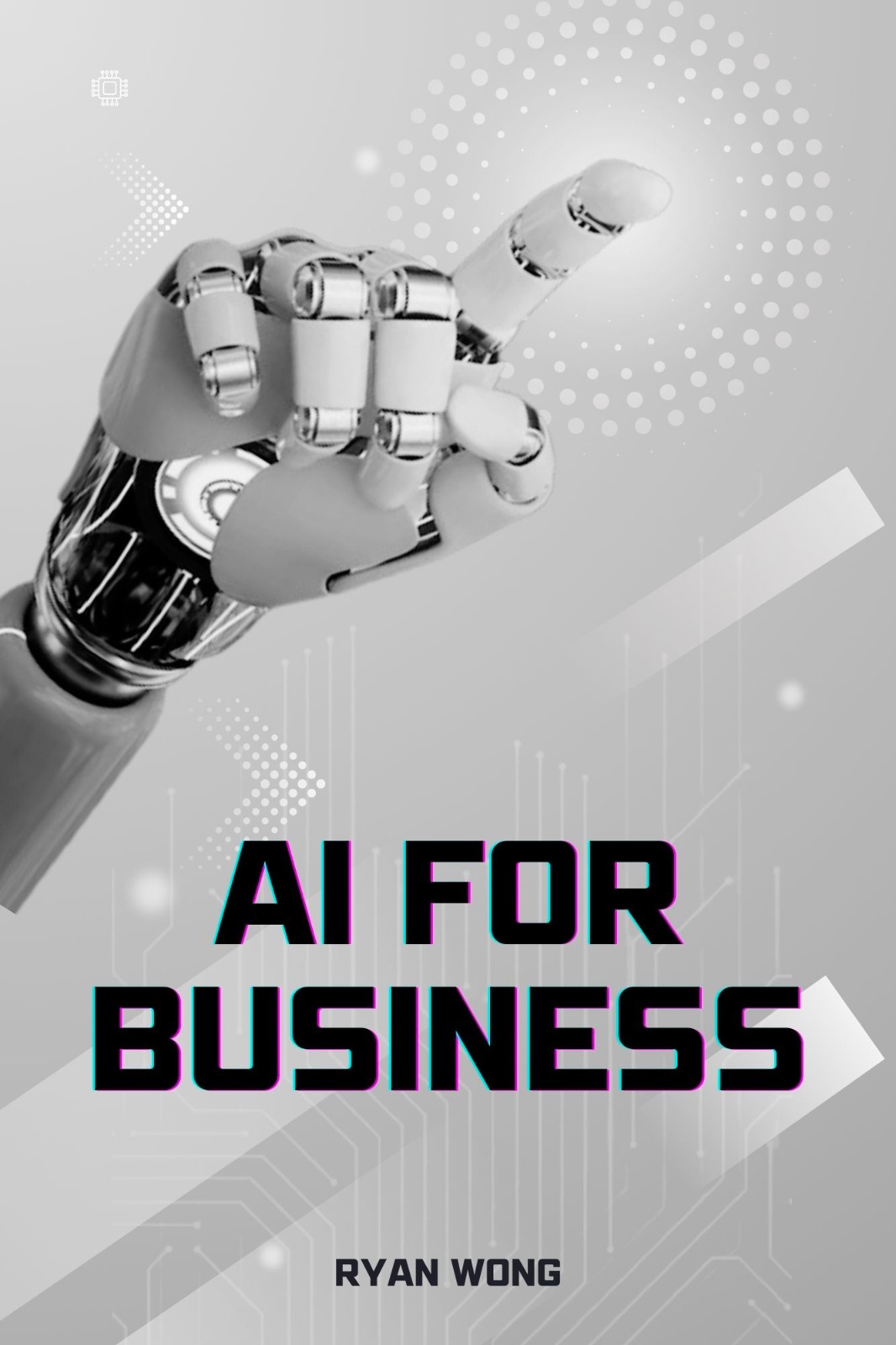AI in Industries
AI in Healthcare
The healthcare field is starting to see how important it is to have smart systems that can handle sensitive information. By using technologies like Artificial Intelligence and Machine Learning, there is a lot of room for improvement. AI can easily adapt to the specific needs of healthcare, helping doctors and nurses do their jobs better, making it easier for people to get good care, and lowering costs to help patients get better results. In the next ten years, AI will give healthcare workers tools to find and stop health problems before they happen, which will help reduce the pressure on public healthcare services.

AI-based Preventive Care
AI tools can analyze electronic health records to spot health issues before symptoms appear, leading to quicker and more accurate diagnoses, better chances of successful treatment, and lower healthcare costs by avoiding unnecessary care.

Unstructured Data Extraction
AI can examine unstructured data like handwritten notes and old files, which helps reduce wait times, streamline processes, and gives doctors more time to focus on patient care.



